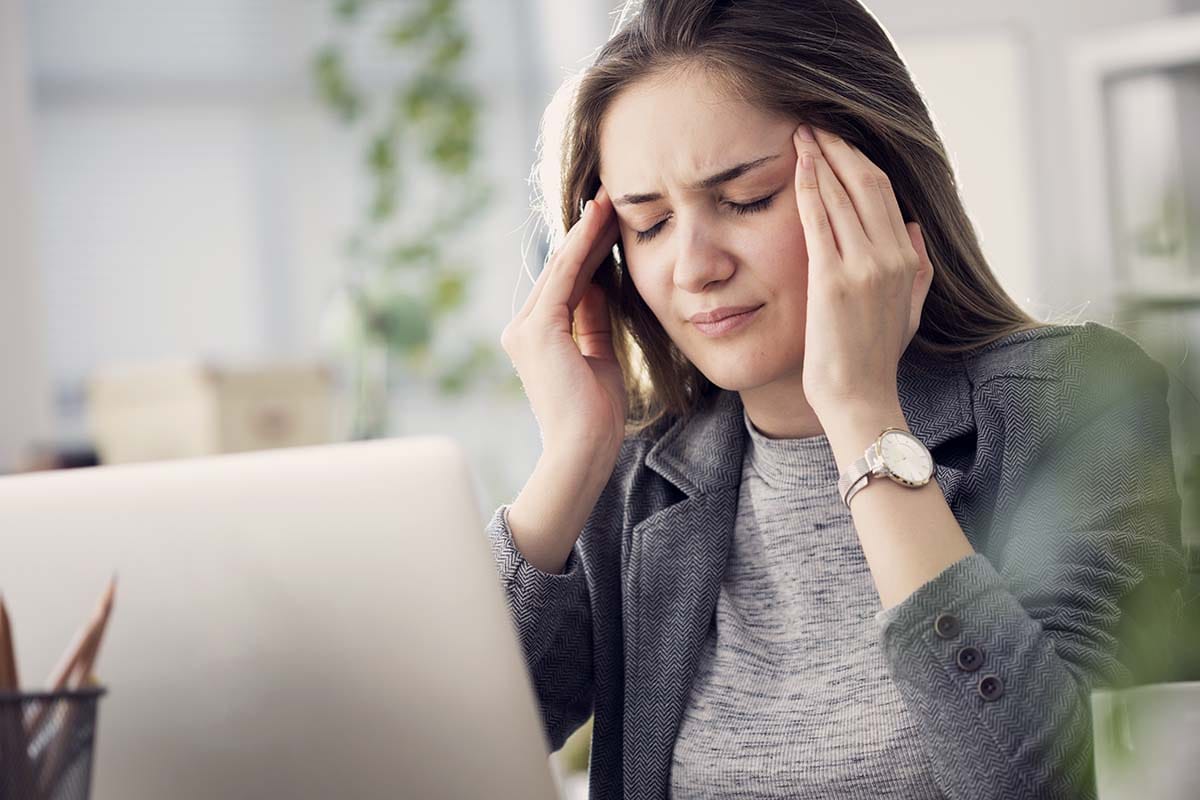
There is one thing that everyone in addiction recovery has in common. They all went through withdrawal. Whatever path someone takes en route to sobriety, whether it’s a 12-step program, a short-term inpatient program, or outpatient rehab, withdrawal must come first. As long as there remains any lingering drug or alcohol in the body, recovery cannot begin.
Going through withdrawal is not easy. But coping with withdrawal symptoms can be made easier by particular strategies. To learn more about dealing with withdrawal symptoms, reach out to Naaman (Naaman). We can get you started on the path from dependence to independence. Just fill out our online form or give us a call at 888.541.9239.
Common Withdrawal Symptoms
Withdrawal from addiction can be dangerous and is usually intense and painful. Depending on the abused substance, symptoms can vary, but some that are common among various drugs, including:
- Excessive sweating
- Headache
- Insomnia
- Tremors or shakiness
- Foggy thinking and exhaustion
- Nightmares
- Nausea and vomiting
- Mood swings
In about 5% of cases, withdrawal from alcohol can result in one of the most severe withdrawal symptoms – delirium tremens, also called the DTs. The DTs include hallucinations, hypertension, seizures, extreme confusion, and agitation. Opioid withdrawal shares some characteristics with alcohol withdrawal and symptoms such as stomach cramps, muscle aches, chills, and other flu-like symptoms.
Whether you are addicted to alcohol or drugs, detox and withdrawal should not be undertaken at home.
Coping with Withdrawal
There are some fundamental strategies for going through withdrawal safely and with the best possible outcomes. First and foremost, seek medical support.
Find a Medical Detox Program
Enter a medically managed detox program to help you with the harmful and sometimes dangerous and debilitating physical symptoms of withdrawal. The presence of a medical team 24/7 provides a safety net as your body and mind often undergo rapidly changing states. The team will provide pain management via medication and offer therapeutic support for your emotional processing. Physicians can also quickly recognize the signs of an underlying physical condition that may have gone unnoticed when you were in the grip of drugs or alcohol.
Communication Is Key
Communicate ahead of time with your most trusted friends and family. Being honest with yourself is what brought you to this place where you are ready to make a change. Before you begin, be frank with the people you think are most able to support you as you withdraw from drugs and begin recovery. Let them know what to expect and how they can help you. Whether you are in a residential rehab or doing a high- or low-intensity outpatient program, be sure you go into it knowing who has your back.
Be Aware of Mental and Physical Withdrawal Symptoms
You should prepare for the emotional and psychological consequences of withdrawal. People who go through withdrawal can experience emotional challenges both in the short term and long term. For instance, you may experience symptoms such as:
- Withdrawal depression is common. Feelings of hopelessness, doom, and self-hatred are often associated with this short-term but intense depressive state.
- Anxiety during withdrawal can also be expected, often in conjunction with depression. The relaxing effects on the brain provided by alcohol or drugs are absent, and you can become uncomfortably tense and anxious as your body adjusts.
- Some people undergoing withdrawal from long-term drug or alcohol abuse may experience suicidal ideation, meaning they have thoughts about suicide.
Preparing yourself for these possible, usually short-term psychological consequences of withdrawal is a good idea and another reason to participate in medical detox and professional rehab.
Going Through Withdrawal at Naaman
One of the best ways to begin your recovery journey is to enroll in a short-term residential addiction recovery program. Such a program will start with medically supervised detox and continue beyond that to provide you with intensive therapies before you step down into an outpatient program. Typically lasting from three to six weeks, the short-term inpatient program at Naaman can help you get through the worst of your withdrawal symptoms and begin to experience what it means to be substance-free.
Psychological addiction doesn’t stop after detox. However, the evidence-based therapies we provide help you develop skills and understand your own addiction. We can also prepare you for ongoing recovery back at home post-discharge. To learn more about medical detox, how to deal with withdrawal, short-term inpatient treatment at Naaman, and more, call us today at 888.541.9239 or complete our online form.
